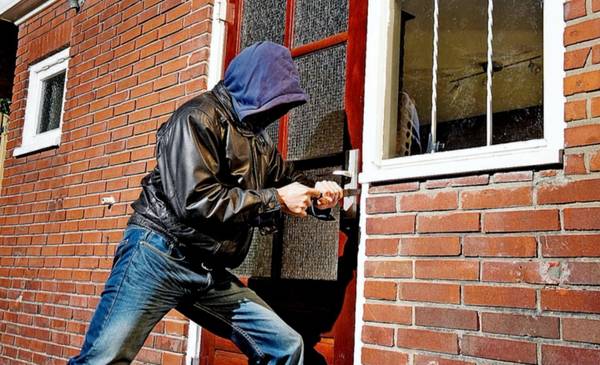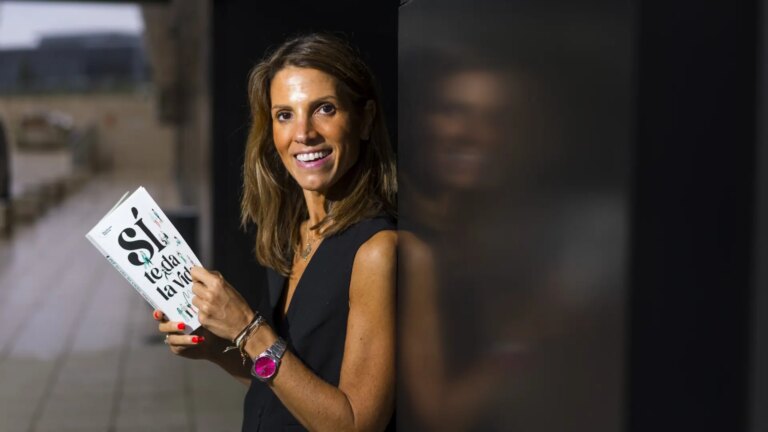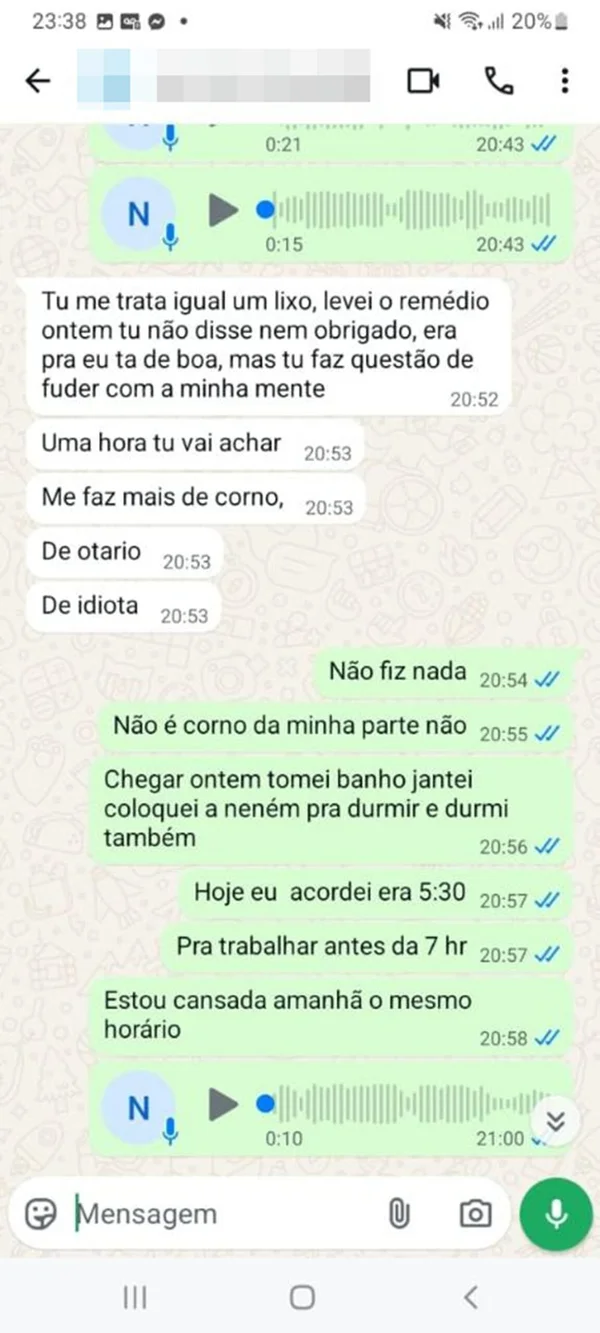
How many of you have hired a babysitter named Guillotine? How many of you have seen weapons everywhere and wads of money lying in the hallway when you were 10 years old? How many of you were actually killers and had a caregiver who played board games with you? … Did they kill the enemy after that? That was his childhood Juan Pablo Escobarthe son of the famous Pablo Escobar, published a comic book illustrating his unlikely story. “Many people want to glorify my father as a success story, but it’s quite the opposite. I was a millionaire and had millions of dollars lying around in my hallway.But we didn’t have the freedom to go buy anything, so we had to eat stale soup every day,” Escobar says.
After making a documentary explaining the real face of his father, and writing essays and non-fiction books about his father and the legacy he left behind, he now wanted to delve into his own story and explain what he experienced as a child. The result is “Escobar, Criminal Education” (Noma Editorial), script by Pablo Martín Fariña, art by Alberto Madrigal. “I remember him being an absentee father and a present father at the same time. Even though he wasn’t at home, even though he was hiding in the jungle, he would write me letters every week telling me that if I heard the bombs, I didn’t have to worry, everything would be okay. He also sent me audio tapes of him sharing songs. So even though he wasn’t physically with me, I felt his presence,” he recalls.
Of course, she cherishes every moment she gets to be with him. “It was very interesting because he was trying to teach me values. He told me to respect people, to say thank you and please, but at the same time he was a terrorist who was killing people. He always had a dual identity: father and gangster. And once he told me that I should never try cocaine because it’s poison. And when the king of cocaine says something like that, you listen to him,” Escobar recalls.
He had around 15 of his father’s killers in total, who were responsible for looking after him, playing with him, and protecting him. Only two of them are still alive, hidden and officially presumed dead, showing that a life of crime never pays. «Every day they talked about the people who had died. It was a real massacre. But those bandits were like my family. They protected me and saved my life countless times. I was torn between death and violence, but you always took care of me. I’m glad that the only person alive who has kept in touch with me told me that he saw himself reflected in this book,” Escobar says.
Breaking free from the yoke of the Escobar family name hasn’t been easy, and it still weighs on him. “It’s unfair to blame parents for their children’s sins, and it should be the other way around, but the opposite happened to me. I lost a lot of opportunities because I didn’t want anything to do with the son of a drug dealer, but Especially from someone as famous as my father. “It’s interesting because there’s more news about him now than when he was alive and killing people,” he says.
Dialogue with 150 families of the 10,000 victims of the Escobar massacre
Another motivation for this comic is to try to demystify the figure of the father, which is increasingly deified by fictional series and movies. “Netflix glorifies his career, but I’m only going to witness his unenviable true self. My father’s life is the opposite of a success story. He was a billionaire, but he never had the freedom to live the way he wanted. And let’s not forget that he died at the age of 44.. “Sometimes I see young people with their father’s face tattooed on their legs, and I think they don’t really know their history,” Escobar says.
The worst part of those years, he remembers, was living in fear and constant violence. Every day could be your last and it was hard to bond with anyone. Because the next day they could be accused of killing someone. «I couldn’t dream about the future, and I didn’t have the luxury of doing so.. At the same time, that feeling that everything could be blown away in an instant strengthened my bonds with those close to me. Those thieves were my family. “I didn’t want to apologize for the crime, but I wanted to think about what it meant to have a childhood like that,” said Pablo Escobar’s son.
After his father’s death, the Empire immediately collapsed, but has since been rising from the rubble. at least he talked 150 families directly affected The violence inflicted by his father is the only way he knows how to heal. “The only path to reconciliation is dialogue, always born of respect, humility and healing. We must overcome hatred, revenge and resentment,” he explains. What is abundantly clear is that a military interdiction is not enough to end Colombia’s drug problem. “When my father was alive, cocaine cultivation was limited to 80,000 hectares. Now it’s 300,000 hectares. The situation will only get worse.” Now there are no cartels, there are real companies. The scale has increased a thousand times,” he concluded.



